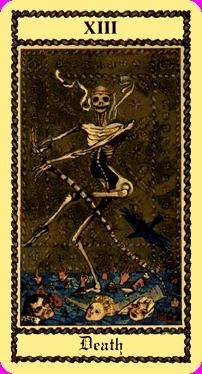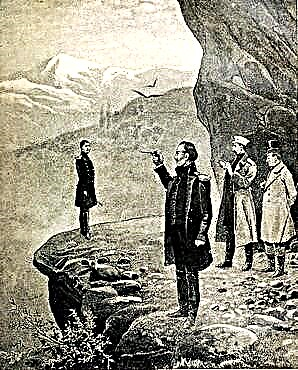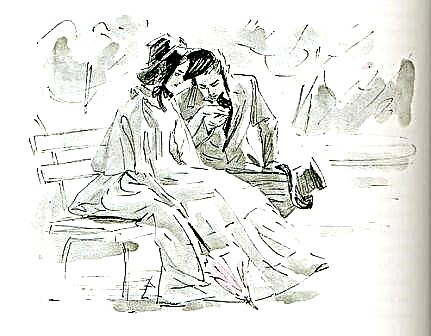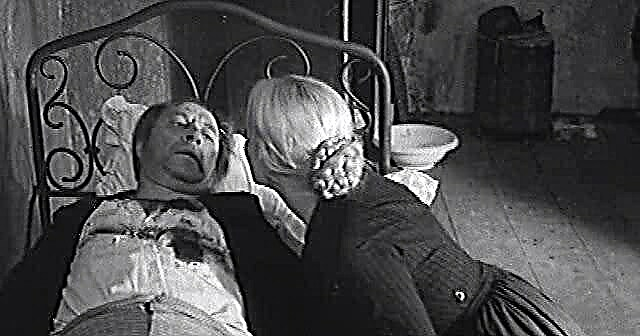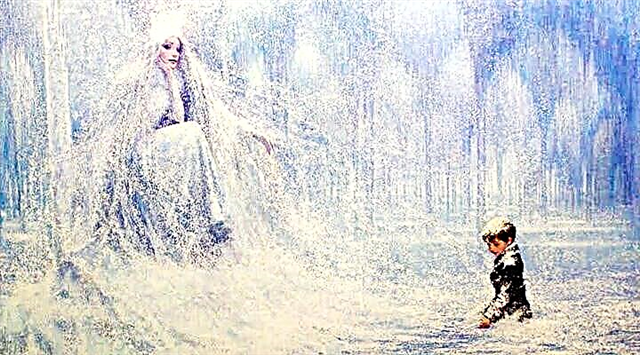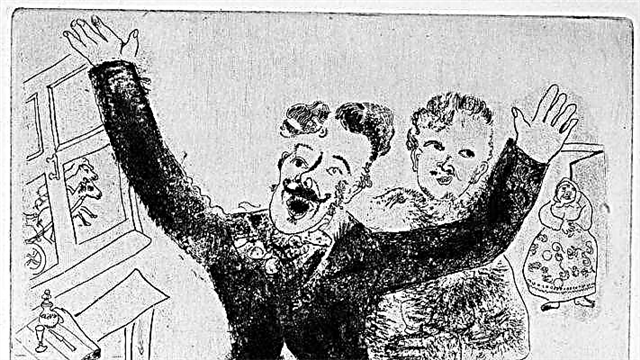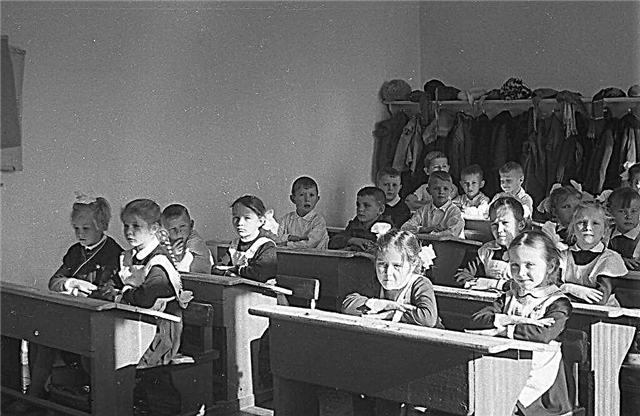(374 words) Anton Pavlovich Chekhov - one of the greatest writers in Russia. Despite the tragic fate, he managed to give the world such beautiful works, masterfully conveying the inner experiences of the heroes. Chekhov's plays can be seen in many theaters today, and stories and novels take place in schools and universities. What kind of man was this, and how did his life turn out?
Anton Pavlovich Chekhov was born in 1860 (Yekaterinoslav province) as the third child in the large family of the merchant Pavel Yegorovich Chekhov. As a child, the future writer studied, attended a church choir and helped his father at work. In his free time, Anton Pavlovich was fond of literature, and already, as a student of the Greek gymnasium, he began to write his first stories and novels.
In 1879, the young man entered the Faculty of Medicine at Moscow University, in the circle of peers he was known as an interesting storyteller, and the humoresques that he sent to Petersburg magazines under the pseudonym Antos Chekhonte began to gain popularity among readers. Being in a difficult financial situation, A. Chekhov is also engaged in tutoring. During his early work, he writes stories familiar to many from the school bench: “Fat and thin”, “Death of an Official”, etc. In 1884, Chekhov began his medical career at the Sunday Hospital of the Chikinsky Hospital as a county doctor. As the head of the hospital noted, the writer paid great attention to the mental state of patients.
In 1890, A. Chekhov left for several months on the island of Sakhalin, where he was engaged in the census, talking with exiles and writing travel essays. The writer admitted that Siberia left a deep mark in his life and influenced further creativity. Returning to Moscow, Anton Pavlovich writes one of his best stories in the period of critical realism - “Chamber No. 6”. In 1892, he acquired the Melikhovo estate in the Moscow region, where he continued medical practice and wrote books for 7 years.
With his future wife, actress Olga Knepper, A.P. Chekhov met in September 1898 in Moscow during a rehearsal in the theater, in May 1899, lovers got married. Towards the end of the 1890s, the writer was diagnosed with tuberculosis; for his own good, he was forced to move to Yalta, because most of their family life was separated. In letters to Olga Knepper, Anton Pavlovich came up with many nicknames, filled to the brim with love for his wife: my German woman Knippa, an overseas dog, my soul crocodile, sweet little sweetie, etc.
In 1904, A. Chekhov's disease progressed, he went with his wife to Germany for treatment, where he died on July 2, 1904. The funeral of the great writer took place at the Novodevichy cemetery in Moscow.



